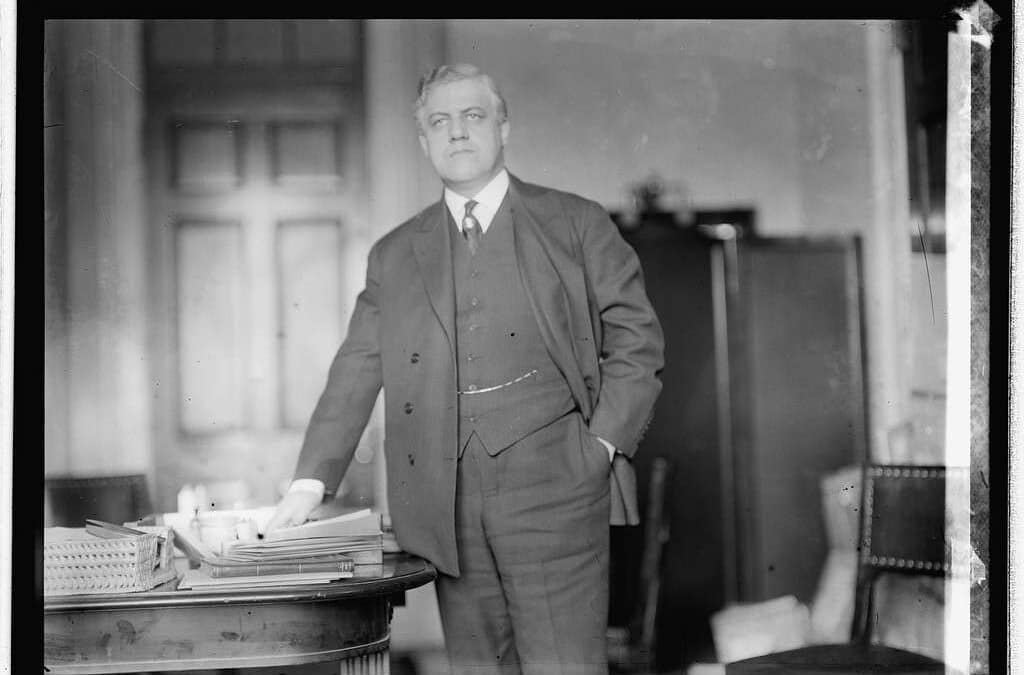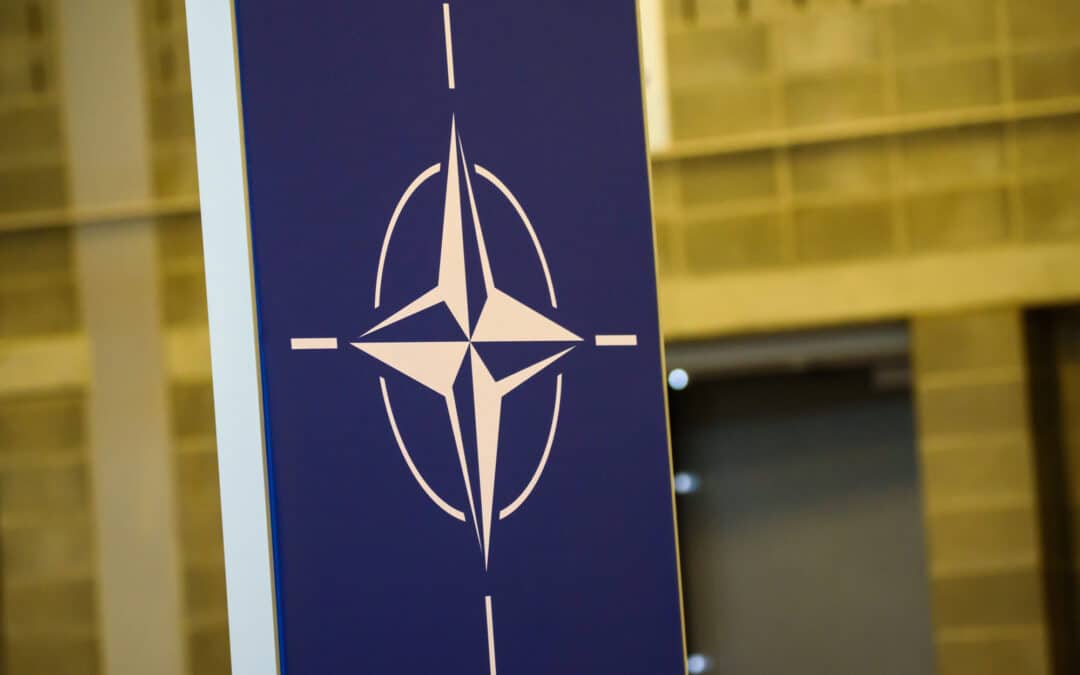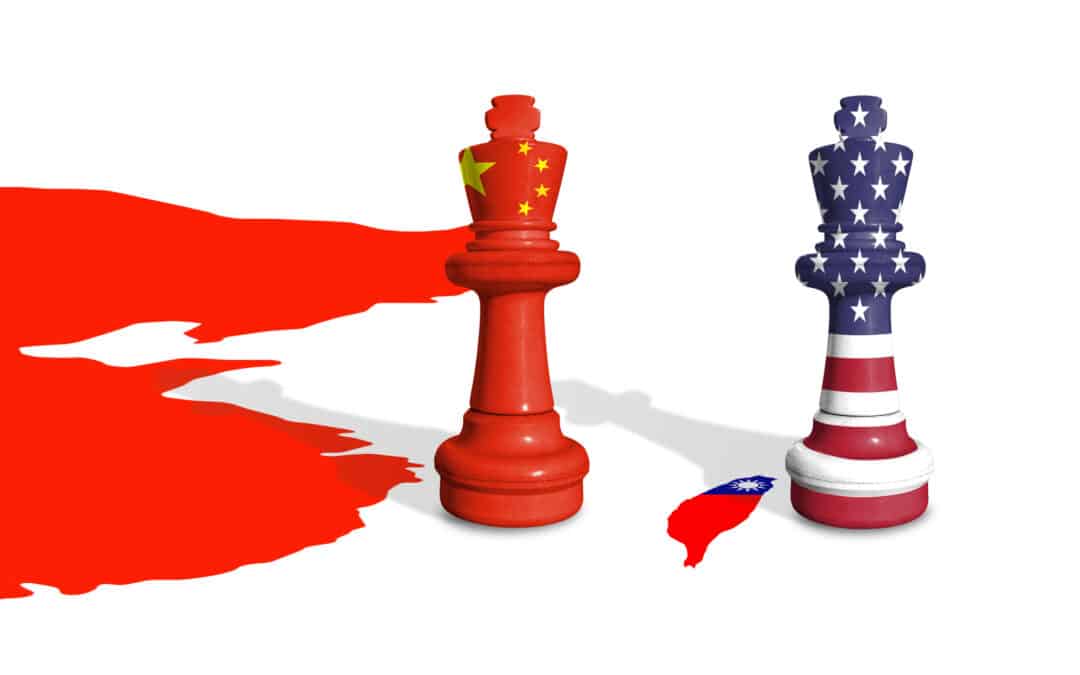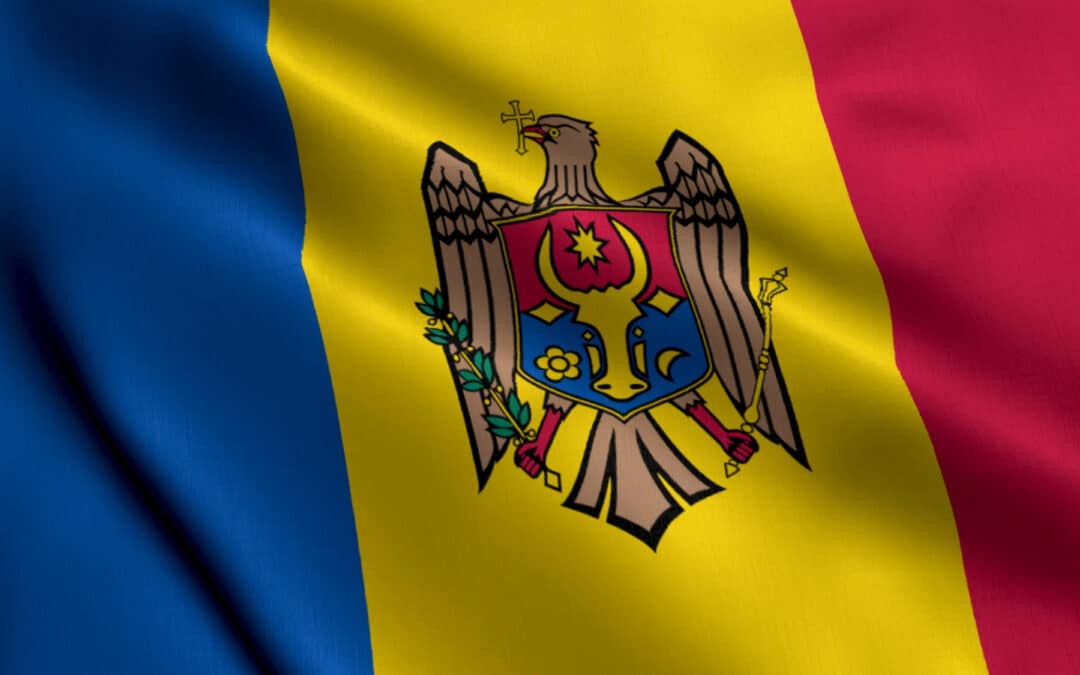Despite the widespread expectation that President Donald Trump would end Washington’s entanglement in NATO’s proxy war using Ukraine against Russia, it is increasingly evident that the fundamental features of U.S. policy remain unaltered. Trump personally has sent an array of mixed signals about his intentions. Although he has pressured Ukrainian President Volodymyr Zelensky to accept the reality that Kiev must be willing to make territorial concessions to Moscow in any peace accord, he also has been receptive to Zelensky’s demand that Ukraine be given reliable “security guarantees” in such...

















